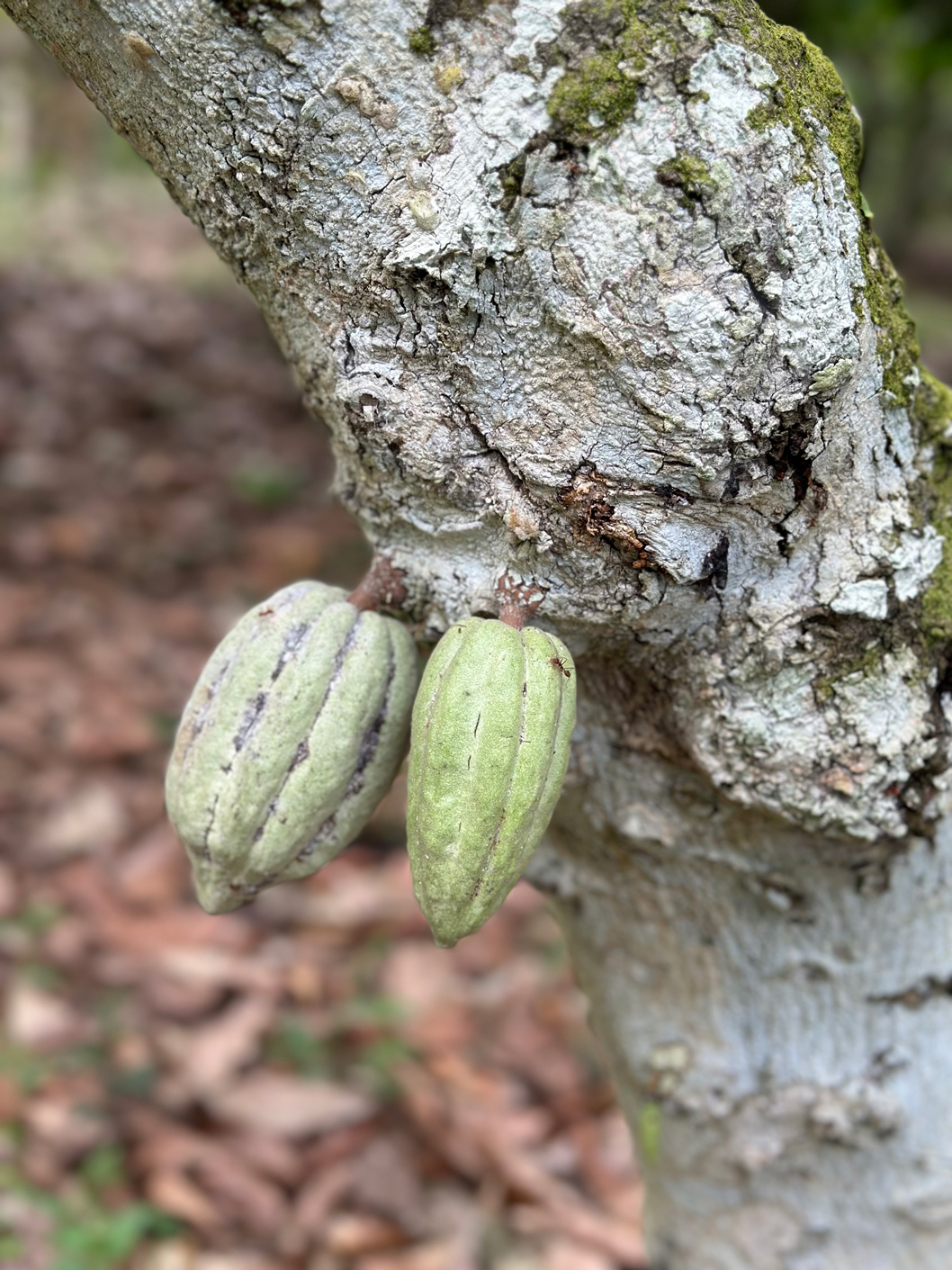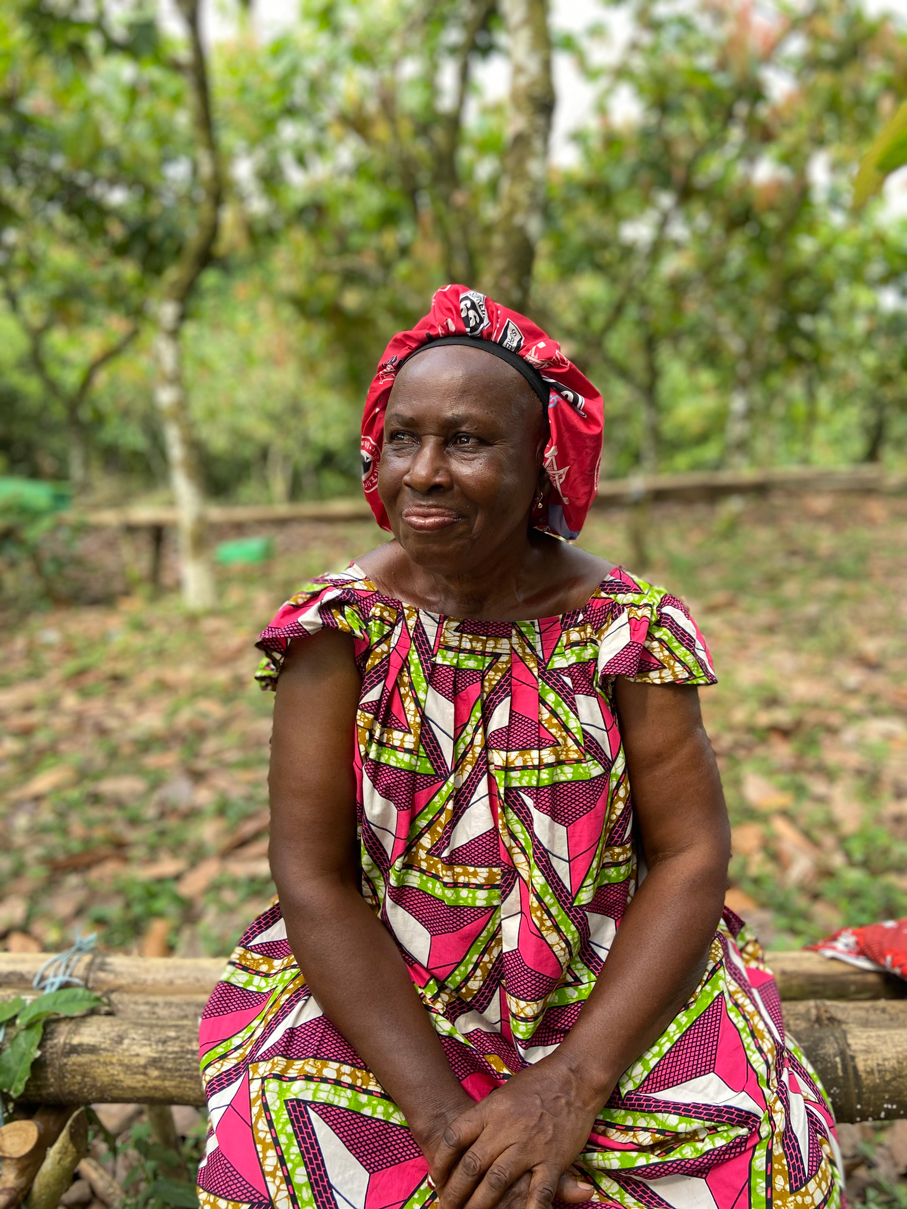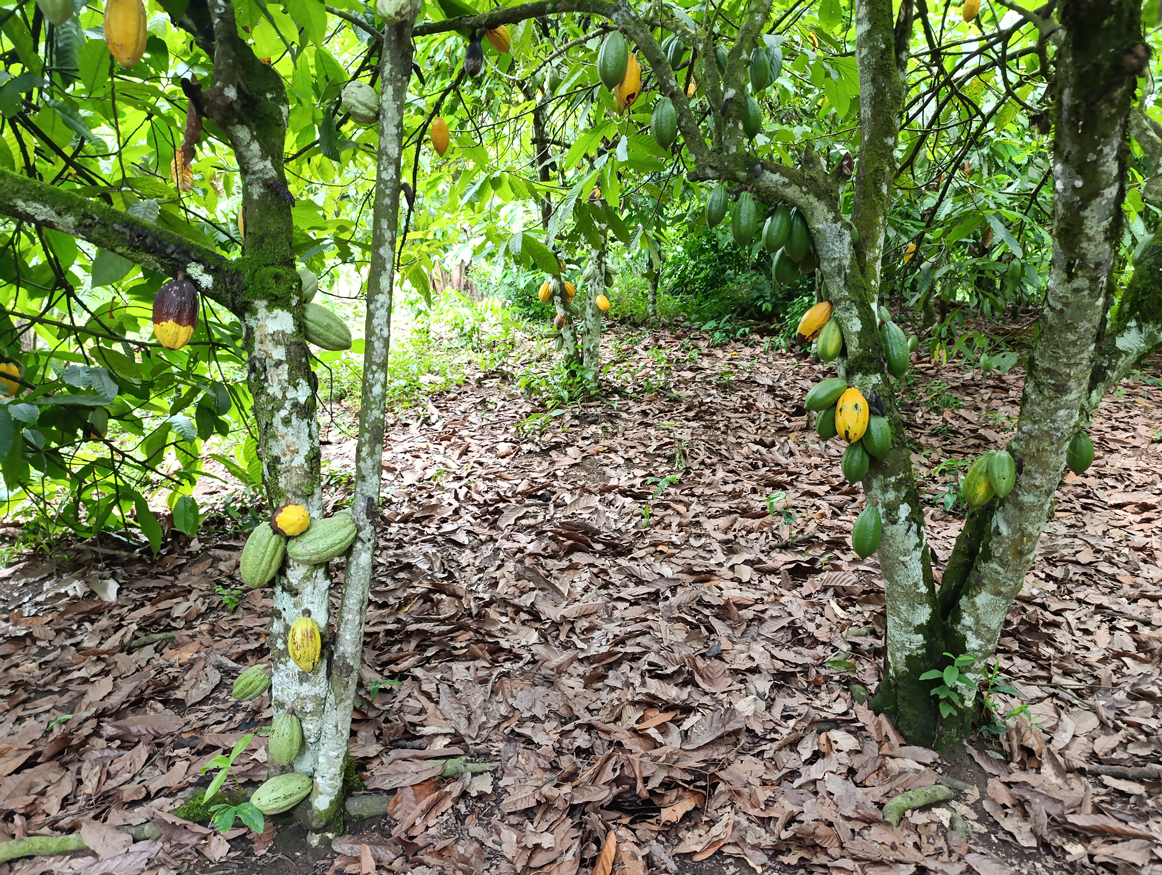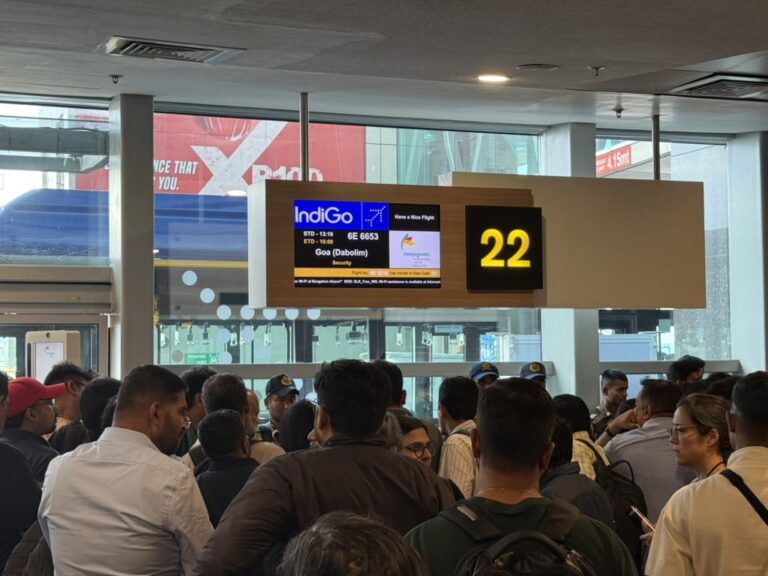
©FAO/Amanda Bradley
“I‘ve noticed that the cocoa trees are developing well, and the yield from my plantation has increased considerably,” Monique N’Guessan Amlan says. Over the past two years, these trees in her plantation in eastern Côte d’Ivoire have been steadily perking up. Her yield has gone up from between 120-150 kilograms per hectare to more than 250 kilograms per hectare. Moreover, it’s not only the quantity of cocoa that’s improved but also the quality and the environmental sustainability, which is good news because, as she says, “International buyers are attaching increasing importance to the sustainability of farming practices.”

That marks a change from before when several were drying out and dying altogether under the relentless onslaught of the tropical sun, making it hard for the 64-year-old widow to support her four children, who are still studying. She began to see this change after she signed up for a project implemented by the Food and Agriculture Organization of the United Nations (FAO) and financed by the Green Climate Fund (GCF). Together with the Government of Côte d’Ivoire, the project teaches cocoa farmers agroforestry practices in place of the traditional, full-sun cocoa cultivation that often involves tree felling. The project known as PROMIRE, or Promoting Deforestation-Free Cocoa Production to Reduce Emissions, aims to build climate resilience and reduce greenhouse gas emissions in Côte d’Ivoire’s cocoa value chain.
Under the project, Monique received several fruit trees and other species to plant alongside the cocoa trees, offering them more shade. She was also provided with an equipment kit to help with better pruning, drainage and harvesting.
Cocoa crops are highly sensitive to weather changes, such as rising temperatures and less predictable rainfall patterns that result from climate change. The country’s main cocoa-producing regions have already been affected by heavy rainfall and flooding, and fears of a declining cocoa supply have sent prices soaring to record highs, increasing by 136 per cent between July 2022 and February 2024, with cocoa stock futures topping USD 10 000 for the first time.
Monique says when she first heard about the PROMIRE project, she was unsure whether it would be of much help to her. The death of her husband almost 20 years ago had left her with not just an emotional void, but also a shortage of the resources needed to cultivate her one-hectare cocoa plantation and provide for her family.
But now, she says, “The support I receive reinforces my conviction that change is possible. If I live a long life, I know that I’ll be happy thanks to the benefits of the trees I’m planting now.”
She hopes to raise awareness of the challenges faced, especially by widowed cocoa producers in the same position as her, and encourage them to join the project “so that we can create fairer conditions for men and women farmers, guaranteeing a sustainable future for our families and our communities.”
It’s not just about tackling deforestation and the impacts of climate change on the cocoa trees, but also working to help men and women farmers become more digitally savvy and make use of innovation to develop their leadership and business skills. In practical terms, so far, two new organic cocoa production cooperatives have also been created under the project.

Since the initiative began, the project has directly benefited 1,743 people and some 317 hectares of forest have been restored or maintained in the Agnéby-Tiassa, La Mé and Sud-Comoé regions of the country, along with nearly 1,400 hectares of conventional cocoa plots converted to agroforestry or agro-ecosystems.
Reducing the carbon footprint of cocoa production is crucial for mitigating climate change impacts while enhancing traceability through various forms of certification is key to improving cocoa supply chain sustainability and promoting fair-trade cocoa.
Fuelled by export demand to satisfy the world’s chocolate consumers, the clearing of dense, tropical forests for full-sun cocoa plantations has been a major driver of deforestation.
But now, the European Union (EU) has put in place a new deforestation regulation (EUDR) that is set to come into force by the end of the year. It is aimed at ensuring that the products EU citizens consume do not contribute to deforestation or forest degradation worldwide.
With half of the country’s cocoa exports going to the EU, that brings added urgency to the PROMIRE initiative’s innovative work with producers like Monique to transform the cocoa value chain, enhancing traceability, protecting forests and mitigating climate change.
Source: the FAO News and Media office, Rome
– global bihari bureau





